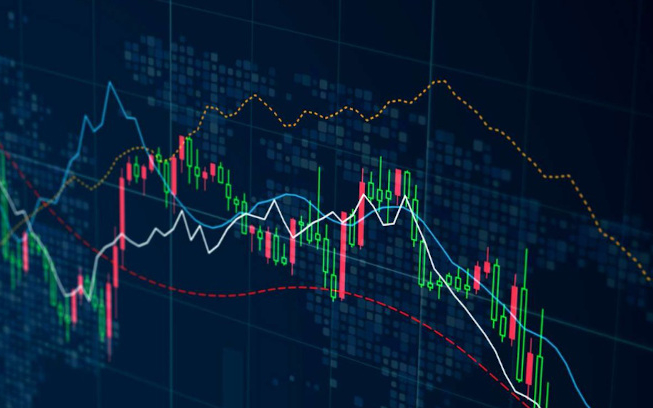Comparing Forex with Other Financial Markets
The Forex market is one of the largest and most complex financial markets in the world. While there are various financial markets globally, Forex is distinguished by its unique features and benefits. This article compares the Forex market with other financial markets such as the stock market, futures market, and cryptocurrency market, examining the characteristics, advantages, and disadvantages of each.
Forex (Foreign Exchange)
The Forex market, or foreign exchange market, is where different currencies are traded against each other. Recognized as the largest financial market in the world, it has a daily trading volume exceeding $6 trillion. Forex is a decentralized market operating 24 hours a day, five days a week.
Advantages:
- High Volume and Liquidity: The Forex market’s high trading volume provides significant liquidity, allowing transactions to be executed quickly with minimal price differences.
- Extended Trading Hours: Forex operates 24/5, enabling traders to trade anytime or night.
- High Leverage: Forex allows high leverage, which can significantly increase the profitability of trades.
Disadvantages:
- High Complexity: Analyzing and predicting currency fluctuations requires substantial knowledge and experience.
- High Risk: The use of high leverage can lead to significant losses.
Stock Market
The stock market is where shares of various companies are bought and sold. It operates in a centralized manner, usually through stock exchanges.
Advantages:
- Company Ownership: Purchasing shares means owning a part of the company, potentially leading to dividend income and voting rights in company decisions.
- Diversity and Selection: The stock market offers traders the opportunity to choose from thousands of different companies.
- Easier Analysis: Financial and performance data of companies are readily available, making analysis more straightforward.
Disadvantages:
- Limited Trading Hours: The stock market typically operates only during the business hours of stock exchanges.
- Lower Liquidity: Compared to Forex, the stock market has less liquidity, and trades may not be executed as quickly.

Futures Market
The futures market is where contracts for the future purchase or sale of an asset at a predetermined price are traded. It is used for both hedging risks and speculation.
Advantages:
- Risk Management: Futures contracts enable traders and producers to manage the risk of price fluctuations.
- Financial Leverage: Similar to Forex, the futures market uses financial leverage, which can enhance profitability.
Disadvantages:
- Complex Contracts: Futures contracts are complex and require substantial knowledge and experience.
- High Leverage Risk: The use of financial leverage can result in significant losses.
Cryptocurrency Market
The cryptocurrency market is where digital currencies such as Bitcoin, Ethereum, and others are traded. This market has seen rapid growth in recent years, attracting significant attention.
Advantages:
- Innovation and Rapid Growth: The cryptocurrency market is highly innovative, offering new investment opportunities.
- Global Accessibility: This market operates globally without borders.
- Security and Transparency: Blockchain technology, the foundation of cryptocurrencies, offers high security and transparency.
Disadvantages:
- Extreme Volatility: The cryptocurrency market is known for its extreme volatility, which can lead to significant losses.
- Less Regulation: Compared to traditional markets, the cryptocurrency market has less regulation, increasing the risk of fraud and uncertainty.
Conclusion
Each financial market has its own characteristics, advantages, and disadvantages. The Forex market, with its high trading volume and liquidity, offers numerous opportunities for traders but requires substantial knowledge and experience. The stock market, with its company ownership and easier analysis, has its own appeal, but its limited trading hours and lower liquidity can be restrictive. The futures market is suitable for risk management but comes with the complexity of contracts and leverage risks. The cryptocurrency market, with its innovation and rapid growth, presents new opportunities but also significant volatility and regulatory challenges.
Choosing the right financial market depends on the trader’s needs, experience level, and goals. By understanding and carefully evaluating the features of each market, traders can make better decisions and capitalize on available opportunities.
